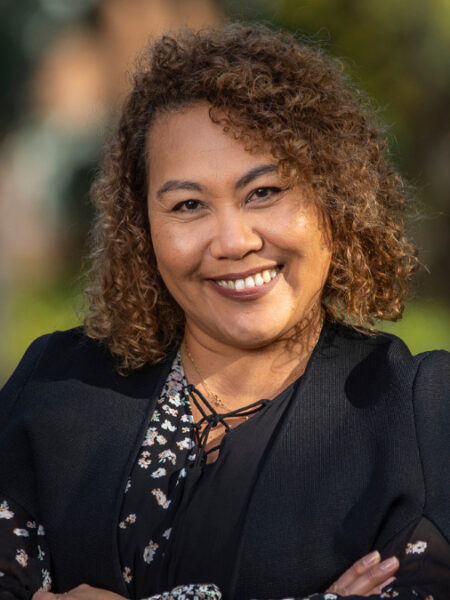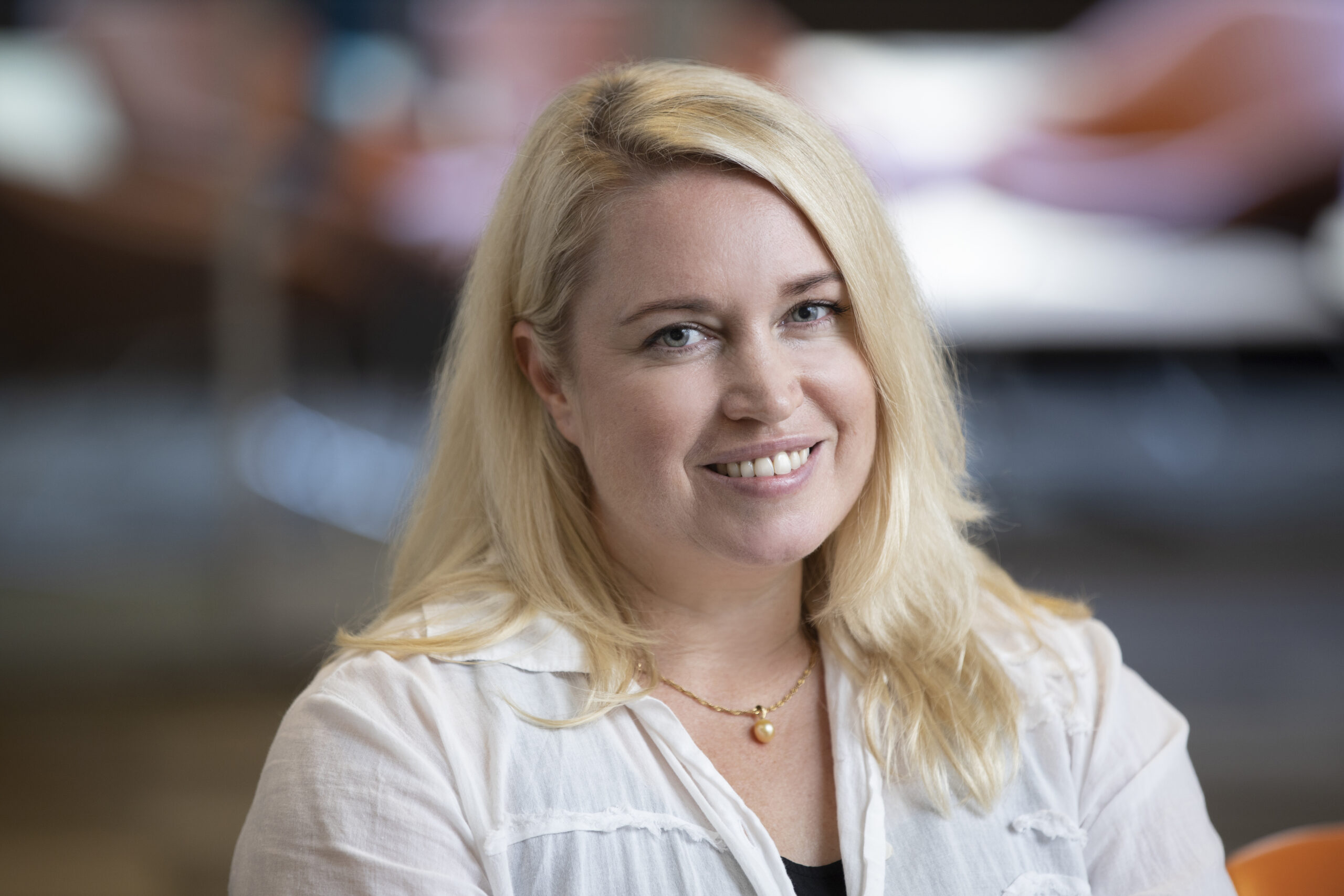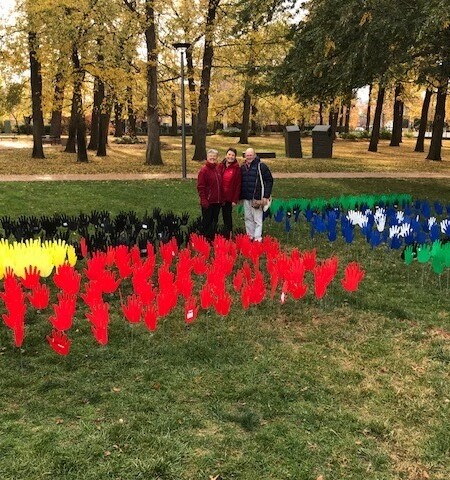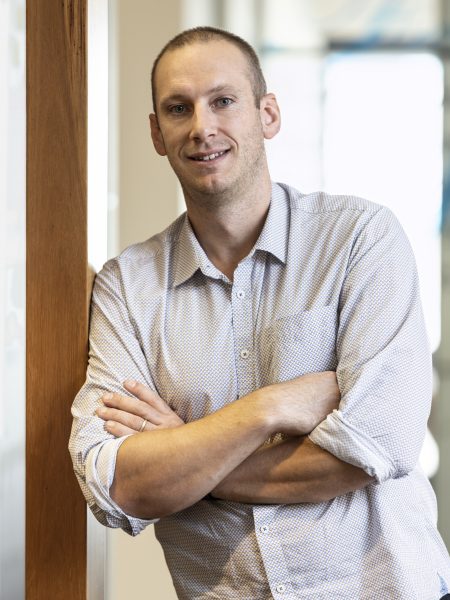If the UK were to ask for restitution for imposed hardships, then surely they would be bankrupted by the claims from the many former ‘colonies’, peoples and nations that it has plundered and controlled for its own purposes, not to mention the pain and suffering of populations devastated and enslaved.
As we’ve heard so often in the lead up to this 250th anniversary of his arrival at Kamay (Botany) Bay, Captain Cook was an adventurer. He and his compatriots were highly regarded and patronised folk. Often the objective of far flung escapades was financial reward to its investors (remember the UK was the birthplace of the corporation and a literal venture capitalism). On occasion it was also a scientific exercise. Cook’s Pacific explorations accommodated the later, but the main game was to claim possession of land that it had ‘discovered’, which could be determined by whether or not it was on a European map at the time. And so it was to be done in the name of the King of England.
The objective of such ventures by the British Empire was clearly set. Vast swaths of ocean were covered, with one of the greatest successes being the illegal claim of the Great Southern Land.
It is well documented that a great struggle ensued in Australia trying to reconcile its aeons of Aboriginal and Torres Strait Islander civilisation and ownership with the impact that invasion and occupation wrought.
Today, for some, it is purely an intellectual struggle. For others it continues to be a struggle of both mind and body. If you place yourself in another’s shoes, with some experience of what that may actually be like, then you can sense their discombobulation. This land was not a partnership of shared development. And it is an absolute waste that so much invaluable knowledge about how to live on and enjoy this country has been lost (note the recent catastrophic bushfires). What cost for that?
The intellectual struggle has been around from the start. The UK Government of the time sent missives about how they were to engage with the First Nations peoples that appear to contradict entirely the actions of the settlers.
The impotence of directives from the Old Dart can be read in the Letters Patent, relating to South Australia, approved by King William IV. Its proclamation “that nothing in those our Letters Patent contained shall affect or be construed to affect the rights of any Aboriginal Natives of the said Province to the actual occupation or enjoyment in their own Persons or in the Persons of their Descendants of any Lands therein now actually occupied or enjoyed by such Natives” sheds doubt on the sincerity of the Kings word.
Those who arrived here, though pledging allegiance to the Crown, were the ones who decided to abandon convention. They perhaps thought that they were not seen, due to the distance, to be violating the foundation of their legal system, so the opportunity to ‘have a go’ and ‘make something of yourself’ at the cost of the real owners, gained primacy.
Back to the article, and the conclusion of the UK study quantified the damages in money. This is only one part of our engagement with the wider world. It is just one component of how we measure our enjoyment of life. Other factors are of value. And in these times they are coming into sharper focus.
The pandemic crisis we are all now living through, that engenders feelings of dislocation and trauma, allows us all to reflect (in a small way) on what it must have been like for the people that were here first, what it feels like. A chance for newly discovered empathy perhaps.
Whilst money will be missed and that may be a lasting difficulty, it is the loss of personal agency that seems to irk people the most. To go and do what you like, to have choice, to not feel imposed upon. To marvel at what has been established that fosters an environment to live well in.
What restitution can be administered for that? Ultimately, for today’s ills there will be a reconciliation between providing opportunities for economic activity and managing the health risks of increased close contact. That reconciliation will be with our immediate past. Perhaps we should take the time to ruminate on reconciling with our more distant past as well.




